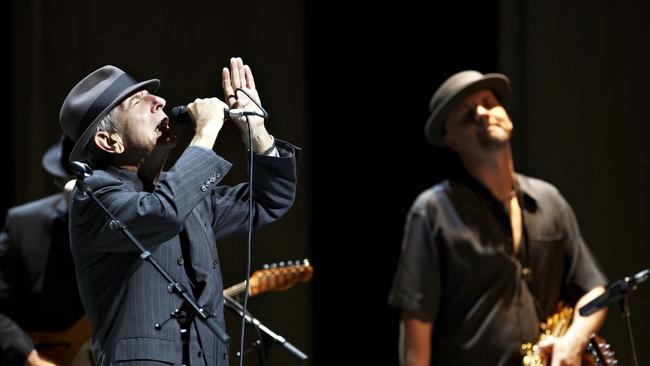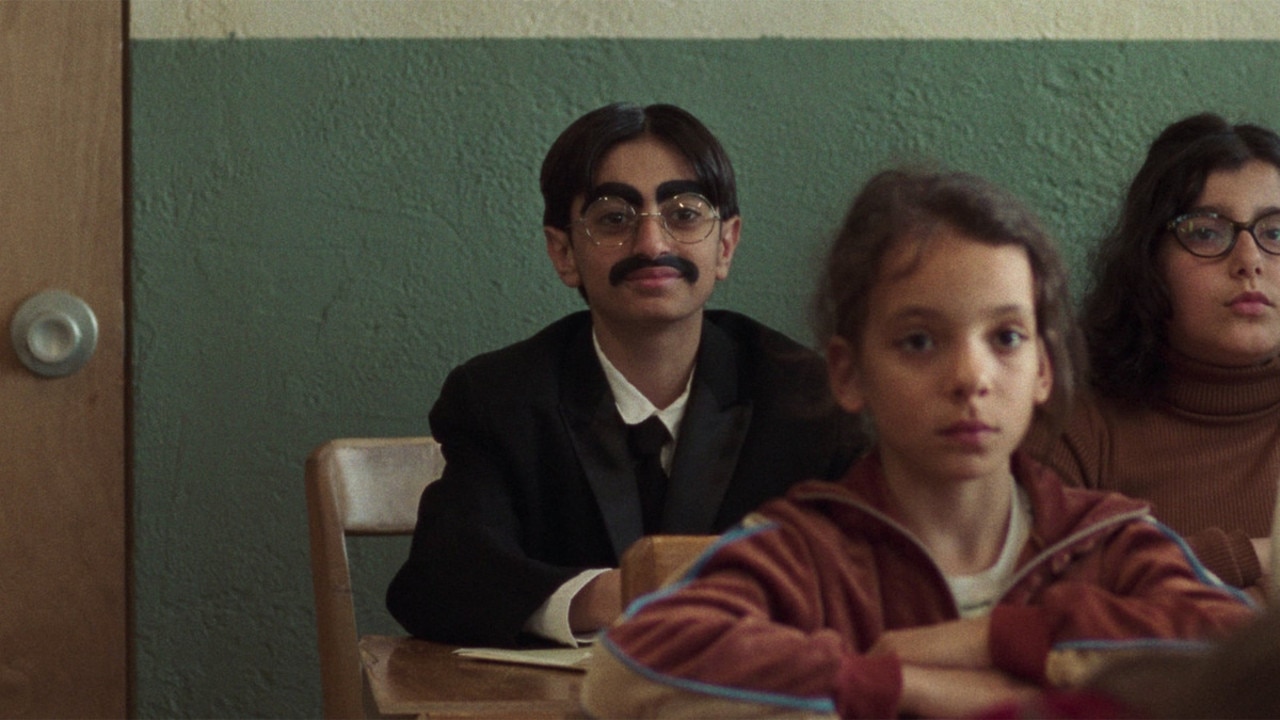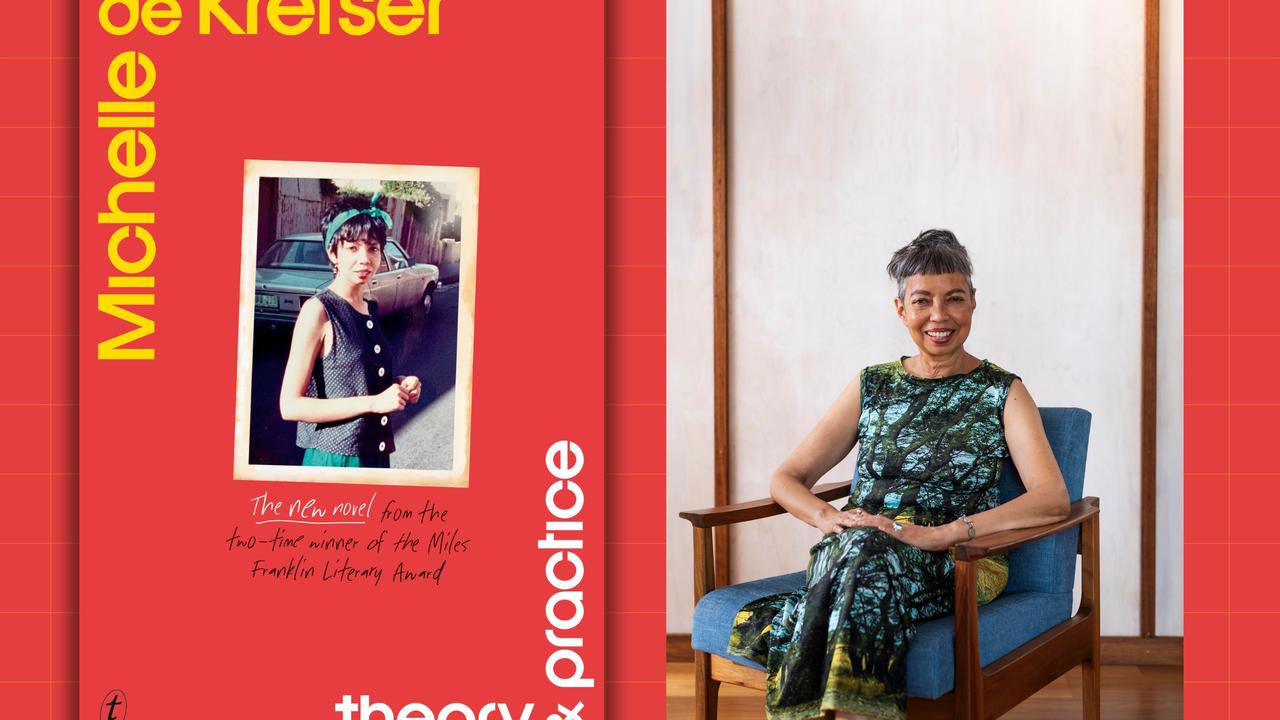Review, Hallelujah: Leonard Cohen, a Journey, a Song
Fans of Leonard Cohen, and there are millions of them, will be enthralled by this portrait of “a kind of modern minstrel”.

Hallelujah: Leonard Cohen, a Journey, a Song (M)
In cinemas
★★★★
I first became aware of Leonard Cohen in 1971 when I saw, in a cinema in Montreal, Robert Altman’s magnificent McCabe and Mrs Miller, in which Cohen’s songs accompanied the bleak drama as if they’d been specially composed for it (they hadn’t). I’ve been a devoted fan ever since. This fine documentary by Daniel Geller and Dayna Goldfine is principally focused on the iconic title song by which the singer/poet will be best remembered, but it is also filled with illuminating insights into Cohen’s life and career.
Born in Montreal in 1934 to a wealthy Jewish family, Cohen’s professional career began as a poet and novelist but his celebrity status grew when music was added to some of his poems, resulting in songs like Suzanne, Sisters of Mercy and The Stranger Song. His first album was released in 1967, and there’s a great scene in the film in which he and an admiring Judy Collins share a New York stage to sing Suzanne. Later he is asked if the Suzanne of that song was his sometime partner Suzanne Elrod, but he says No, the song was about another Suzanne. Collins describes him at the time as “handsome, mysterious and dangerous”.
The documentary has some revealing interviews. There is Larry “Ratso” Sloman, who was a friend and who conducted many interviews with Cohen over the years; John Lissauer who, as a young man, partnered with Cohen on the arrangements of several recordings; and Frenchwoman Dominique Issermann, who Cohen met in 1982 and of whom he said “I was 50 when I first fell in love”.
The story behind the documentary’s title song is intriguing. It was first recorded for an album, Various Positions, that was never released in the US because the head of Columbia Records, Walter Yetnikoff, didn’t like it. This brought about a rift between Cohen and Lissauer. Later the song was rewritten; there were, in fact, several versions, religious and secular, after which it was picked up by other singers, notably John Cale and Jeff Buckley who, before he was accidentally drowned, popularised the song at the Manhattan nightclub, Sin-e. Now that the secular version of the song had achieved a higher profile, Cohen returned to it and it became the signature of his world tours. At a tribute concert after Cohen’s death in 2016, KD Lang celebrated his life and art with a memorable rendering of the song.
I was a little surprised that this otherwise first-rate portrait of a singer and his most celebrated song didn’t include an excerpt from McCabe and Mrs Miller in which Cohen’s songs would have been brought to a very wide public for the first time. But otherwise there are no complaints. Fans of Leonard Cohen, and there are millions of them, will be enthralled by this portrait of “a kind of modern minstrel”.
-
Falling for Figaro (M)
In cinemas
★★★½
Polish-born Australian director Ben Lewin has had an interesting career as a filmmaker. He has worked in Britain, France and the US as well as Australia, where he has made two features. His best film to date, The Sessions aka The Surrogate (2012) is his most personal project, the moving story of a wheelchair-bound man seeking sexual satisfaction from a professional woman (Lewin lost the use of his legs after contracting polio). His most recent film, Falling for Figaro, a co-production between Australia, Britain and the US, is a modest but quietly entertaining romantic comedy set in Scotland.
Millie Cantwell (Australian actor Danielle Macdonald) is the star performer at an old established London financial institution. She’s so good at what she does – fund management – that she’s been offered a promotion that would earn her a bigger salary than that of her boyfriend, Charlie (Shazad Latif), who works for the same firm.
From the start it’s pretty clear that Millie and Charlie aren’t destined for one another in the long term; her passion is opera, and he’s so uninterested in that particular art form that he falls asleep during a performance at the Royal Opera House. As for Millie, she makes a bold decision; she refuses the promotion and instead heads for Scotland to be coached by the formidable Meaghan Geoffrey-Bishop (Joanna Lumley), a former diva and now singing coach.
Arriving in the ultra-picturesque Scottish village where Geoffrey-Bishop lives, Millie checks into the local inn, The Filthy Pig, and soon befriends its owner, Ramsey (Gary Lewis in an amusing performance). Geoffrey-Bishop is not at all the easiest of voice coaches and Lumley’s beautifully timed put-downs are delicious – example: “The future for you is a cruise ship with regular burials at sea.”
Millie perseveres, though she has a rival in Max Thistlewaite (Hugh Skinner), another of Geoffrey-Bishop’s pupils. Max works in a variety of capacities at The Filthy Pig, and it’s only a matter of time before romance blossoms.
Although undeniably predictable and unambitious, Falling for Figaro gets by thanks to the excellent actors and a quietly subversive sense of humour. Lumley steals the show, but that comes as no surprise.





To join the conversation, please log in. Don't have an account? Register
Join the conversation, you are commenting as Logout